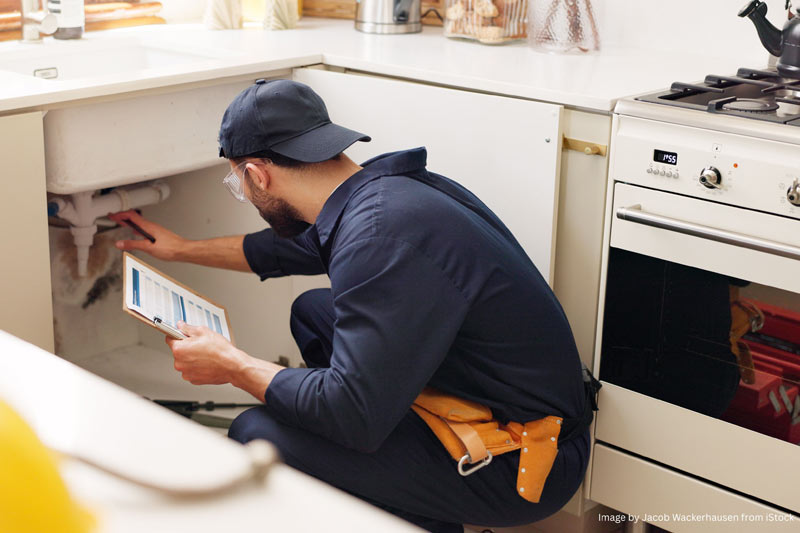Mold in sink pipes is more than just an unpleasant nuisance—it can affect your home’s plumbing system, indoor air quality, and even your Professional plumbing inspections help catch hidden leaks, pipe damage, or early mold growth. Annual or semi-annual inspections provide peace of mind and protect your plumbing system from long-term damage.
3. Improve Ventilation
Keep kitchens and bathrooms properly ventilated with exhaust fans or open windows to reduce humidity. Mold struggles to grow in dry, well-aired environments.
4. Upgrade to Mold-Resistant Fixtures
When remodeling or replacing fixtures, choose materials designed to resist mold and mildew buildup. These upgrades support easier long-term sink maintenance.
5. Address Leaks Quickly
Even small leaks can create the perfect conditions for mold. Prompt repairs from a professional plumber are a key part of ongoing mold prevention.
Fixing Existing Mold Problems
If mold is already present in your sink pipes, the right solution depends on how severe the infestation is. Minor cases may be managed with simple cleaning, while widespread growth requires professional help.
Deep Clean and Flush Pipes
Homeowners can start with a thorough drain cleaning using safe, store-bought cleaners designed for plumbing systems. This removes surface buildup and odors while supporting overall sink maintenance.
Replace Damaged Pipes
When mold has penetrated pipe walls or caused structural damage,

 760-798-1167
760-798-1167